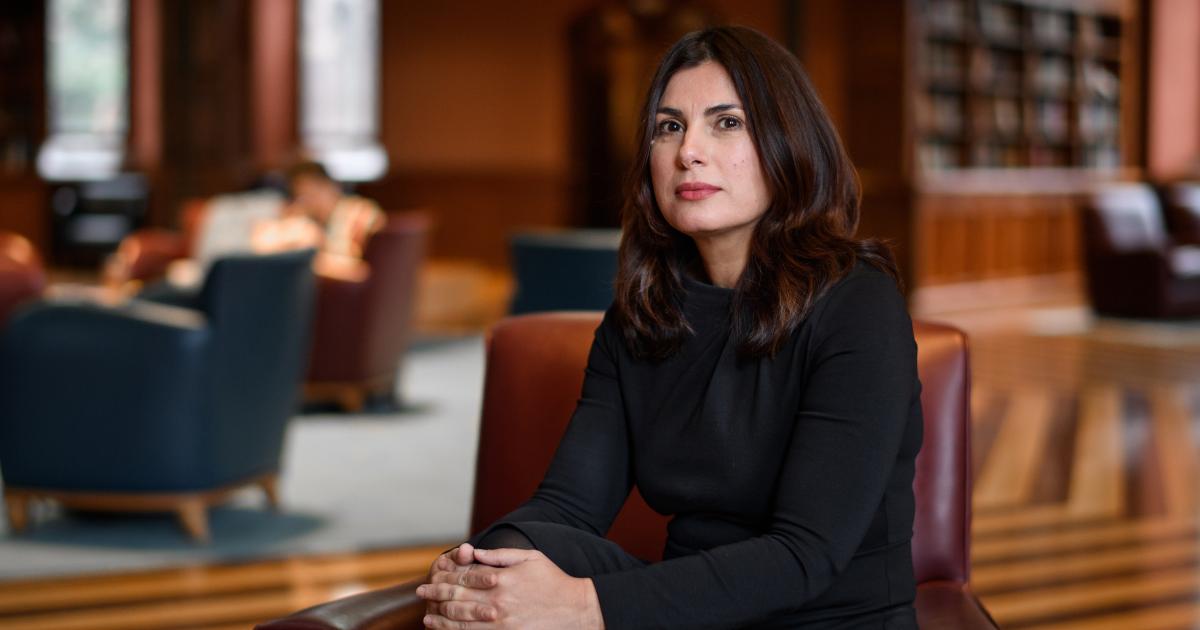Effie Rentzou studies literature and its relation to other arts, with particular attention to the historical avant-garde movements and modernism. Her interests include poetics, the relation between image and text, social analysis of literature, politics and literature, and the internationalization of the avant-garde.
Professor Rentzou is Director for the Program in European Cultural Studies. Read her full biography on the Department of French & Italian website.
















